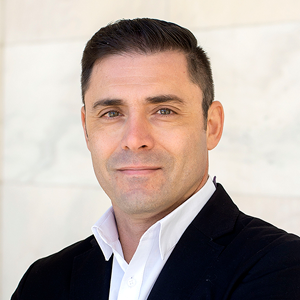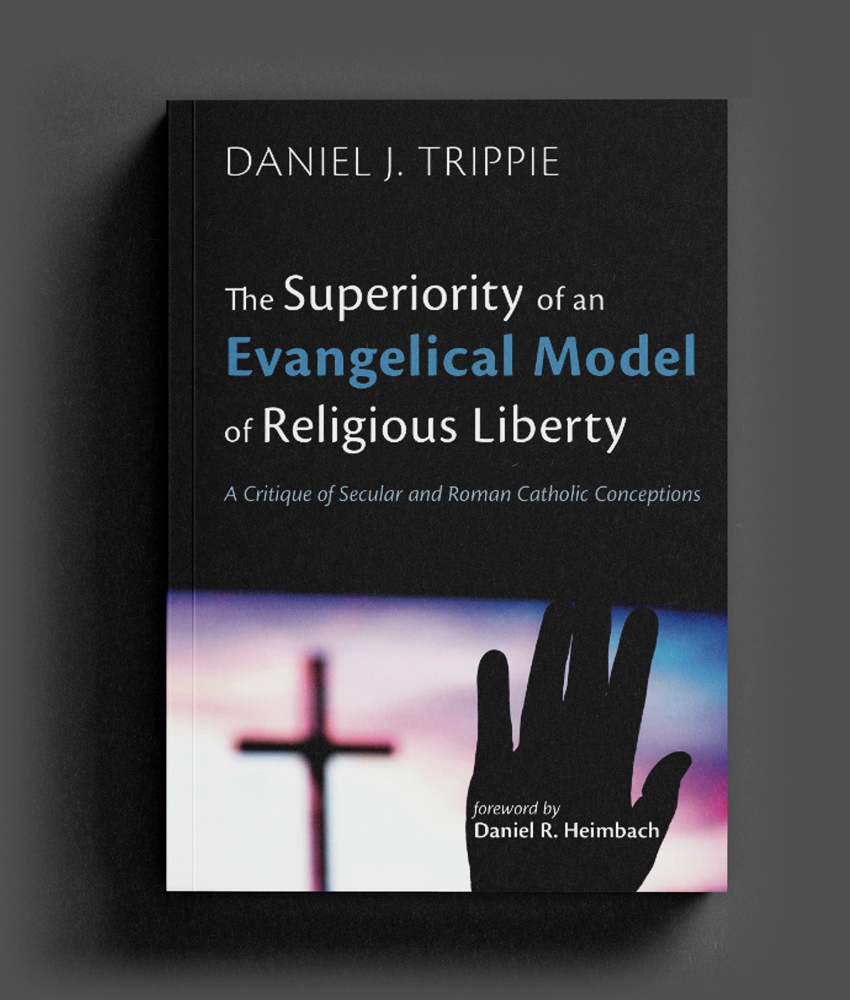Tariffs dominate our current news cycle. I am not an economist, and I am not trained in the art of international trade. Therefore, I will not comment on the efficacy of tariff policies or pretend to offer any profound insight into global trade negotiations. There are people on both sides of the debate who have given their lives to researching economics and geopolitics—I’ll let them offer insight into the intricacies of trade policy. My interests lie in the underlying issue the conversation unearths—primarily, the nature of work.
Job Loss
Much (though not all) of the emotion tied up in the tariff conversation concerns work and job loss. For those of us who grew up in the Rust Belt, unemployment ripped the heart out of our communities and our loved ones. Unemployment brought economic ruin, internal disintegration, and social devastation—there is no shortage of emotion for us. I witnessed this firsthand when the steel mills and manufacturing plants closed in the 1980s and 1990s, leaving thousands of people without jobs. Almost weekly, another family was forced to move to find work. Within months, local businesses shuttered, families split apart, and substance abuse rates climbed. The fear of losing a job is more than losing money; it is the fear of losing oneself. Humans are made to image the God who worked six days and rested on the seventh; therefore, our relationship with work is not simply about collecting income; work is spiritual and plays a significant role in our spiritual formation. Understandably, so much of the fear filling this moment is about current and future job loss.
I acknowledge that the material hardships of unemployment are real and devastating. When someone loses their job, they face immediate concerns about paying mortgages, affording healthcare, and putting food on the table. These practical challenges can make philosophical reflections on work seem like a luxury. Yet I believe that alongside necessary economic solutions, we also need a framework for understanding our relationship to work. We need a framework that can sustain us through inevitable economic changes—whether from tariffs, technological disruption, or other forces beyond our control.
Calling
Os Guinness, in his book titled The Call, makes a critical distinction between “calling” and “vocation” (Guinness 29). Guinness argues that every Christian has a primary calling. Our primary calling has three distinct features: First, Christ calls us to be his disciples. Second, Christ calls us into an intimate relationship with the triune God. Third, Christ calls us to do everything for his glory and the good of others. Thus, the primary calling of every Christian is to love the Lord with all your heart, and with all your soul, and with all your mind.
Guinness distinguishes a Christian’s primary calling from their secondary calling. Our secondary calling considers God as sovereign: everyone, everywhere, and in everything, should think, speak, live, and act entirely for him (Guinness 31). Our secondary calling includes all our daily activities—the professional positions we hold, the familial duties we fulfill, and the community services we provide—which are all practical expressions of our deeper purpose. These specific responsibilities represent the tangible ways we manifest our fundamental life calling as Christians in the world around us. Thus, our primary and secondary callings work together to form our vocation.
Vocation
In recent years, the word “vocation” has been understood to mean “trade.” In my hometown, we had schools where “vocational training” happened, which meant you learned to work with your hands (I attended trade school, and I’m all the better for it). The word vocation has chiefly been associated with the concept of work we do for compensation. But the word “vocation” is derived from the Latin word vocatio, which means “to call” or “to summons.” Thus, when we consider our vocation, we must think more broadly than the work we do for money.Our vocation is our complete response to Christ: to follow Him in every aspect of life and to represent Him wherever he places us.
Our understanding of calling and vocation can provide great peace in uncertain times. When we understand that the work we do for compensation does not make up our primary calling, we do not lose ourselves if we lose our jobs. If indeed there is job loss, we still live out our secondary calling as we humbly serve all those in our sphere of influence (sometimes, in the work of finding a job, we find ways to serve our fellow neighbor)—our primary and secondary calling provides a deep source of meaning regardless of our pay or lack thereof.
Peace Regardless
Conversely, if our current tariff policy creates an incredible windfall, generating millions of high-paying jobs (I pray it does), we do not gain greater status or greater value. Our primary calling grounds us in humility because all other positions or powers pale in significance to being Christ’s adopted sons and daughters. If we find ourselves at the heights of economic prosperity, then our secondary calling compels us to leverage our resources to serve our neighbors. If we process this cultural moment in faith, we may find this moment offers Christians an opportunity to reconnect with God’s vision for our work in the world.









